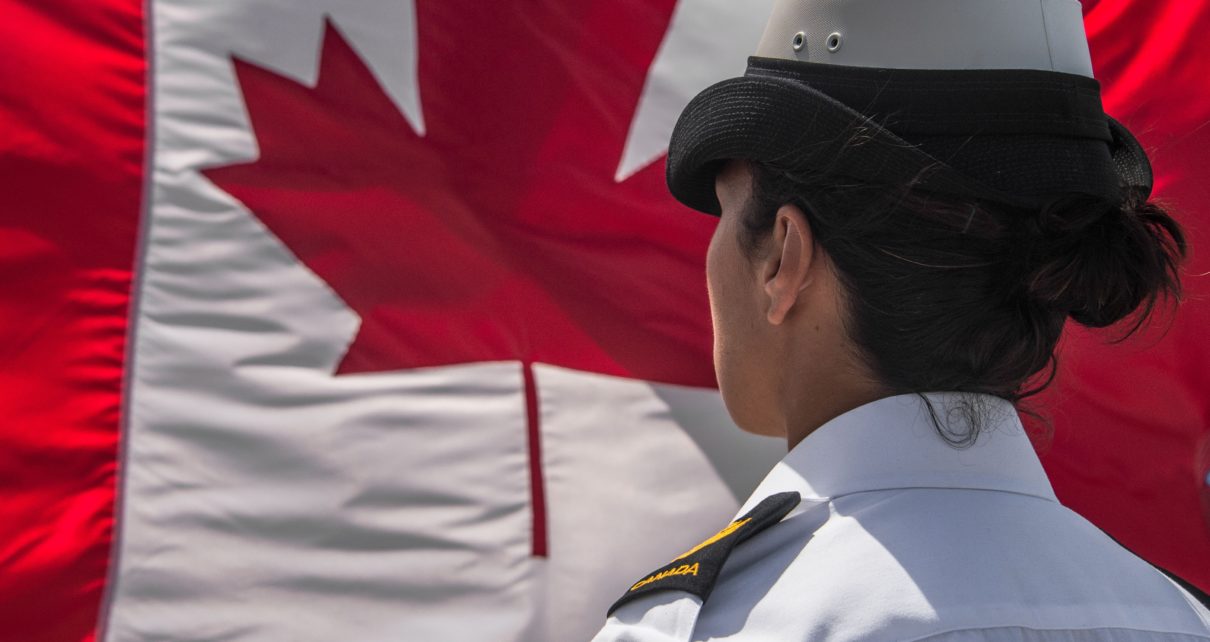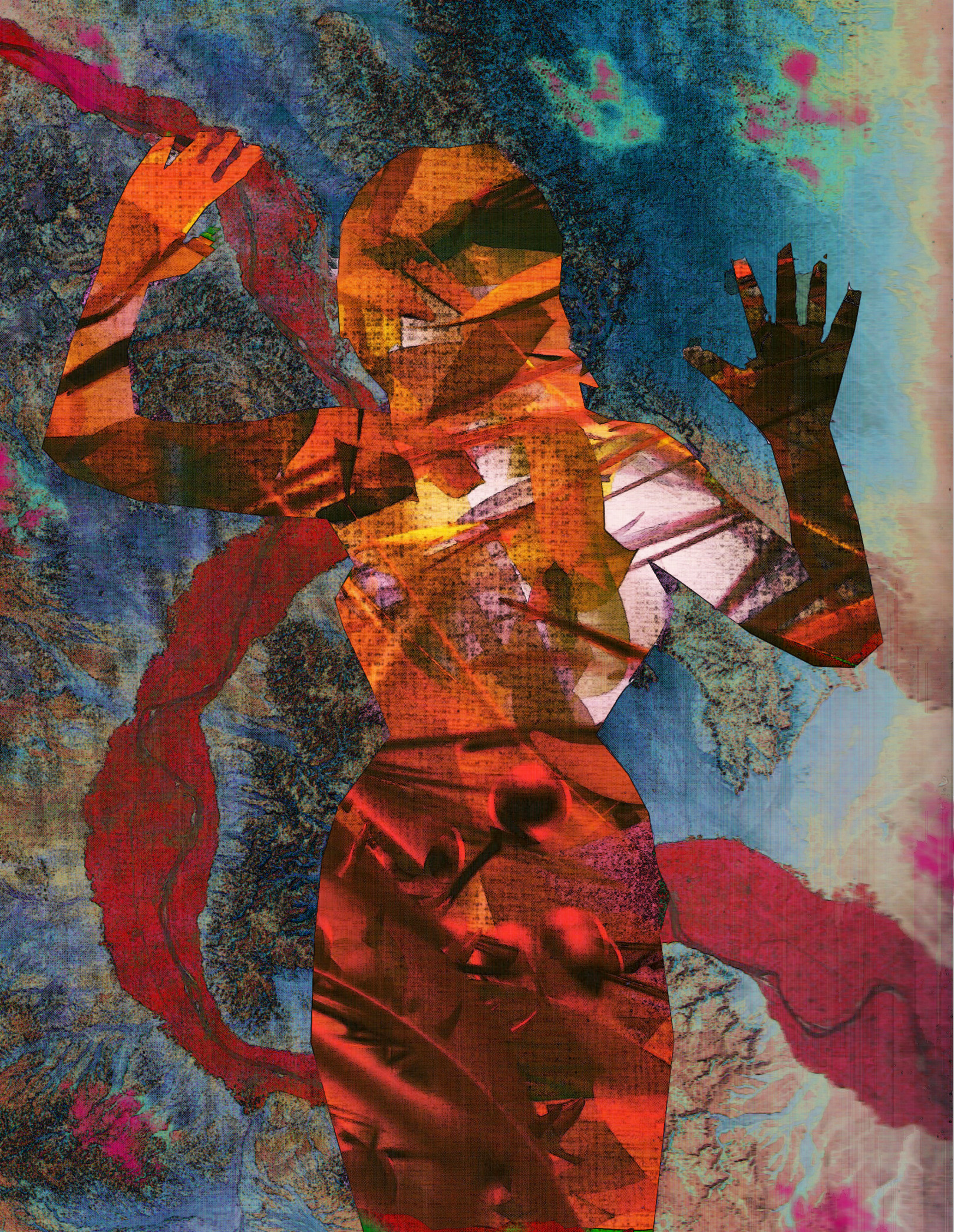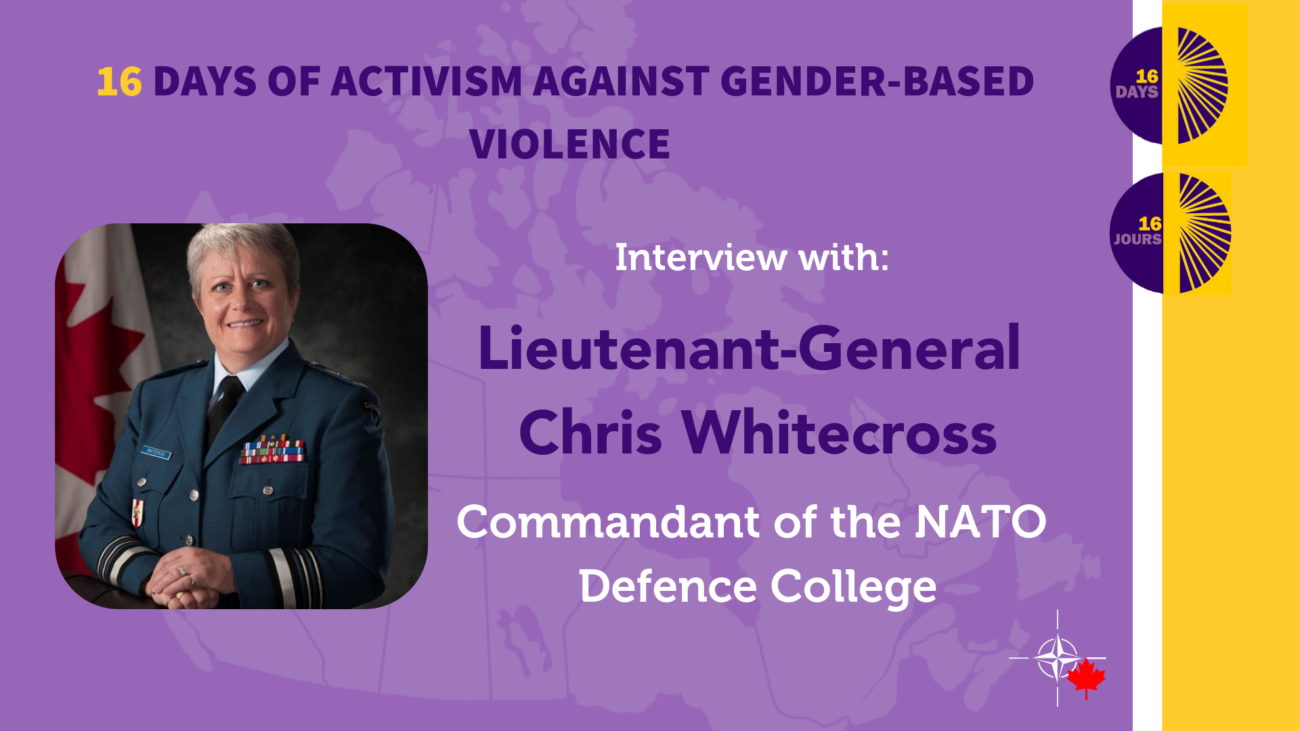The first few months of 2021 have seen the Canadian Armed Forces (CAF) battle its most significant reprisal of sexual misconduct in recent memory. In what experts are calling an “institutional crisis”, there are now ongoing investigations against the former Chief of Defense Staff and his successor, the former head of the COVID-19 vaccine task force and the former head of the Military Intelligence School, among many others.
A second external report to follow up the landmark 2015 Deschamps Report has been commissioned to investigate sexual misconduct in the CAF. With over 500 sexual assault reports during this five-year effort and the prolonging of numerous issues brought up in previous reports, there is an early absence of institutional progress. However, unlike with former Supreme Court Justice Marie Deschamps, who was prohibited from considering the military justice system, this most recent effort is explicitly intended to address these limitations. With the new 2021 review, led by former Supreme Court Justice Louise Arbour, has come a new debate on whether the military’s justice system is capable of addressing sexual misconduct in its ranks.
The implications of this reprisal of high-level sexual misconduct in the CAF are obvious, domestically. Publicity of investigations of senior military officers has degraded both public and internal trust in the CAF, and resurfaced unaddressed trauma inflicted largely on women personnel by some male colleagues. As this is not the first probe into sexual misconduct, sentiments of frustration have been grown amongst current servicewomen, who widely feel that male-dominated senior leadership view these events as a public relations controversy that will soon blow over. This erosion of faith is at a boiling point, with the military justice system itself being called into question.
This crisis of leadership at the most senior levels of the Canadian national defence establishment has serious impacts, not only on those presently serving but also on Canada’s stature in multilateral organizations NATO. Canada has been vocal in its commitment to a role as a leading participant in NATO deterrence that protect Western nations world on which Canada relies for trade, security and international policy. As such, an internal crisis within the CAF undermines the strength of the Alliance itself as well as the country’s multilateral-based international security policy.
Canadian military leadership in a number of operations, including NATO’s Operation Reassurance in Central and Eastern Europe, may come into question during this publicized period of high-level sexual misconduct. It is the military’s culture of emphasizing operational efficiency, Justice Arbour believes, contributing to the lack of institutional values needed for change. A reimagination of what operational effectiveness looks like, both domestically and internationally, may be what is needed for momentum to a more equitable and safer CAF for servicewomen and men.
Though military sexual assault survivor support groups like Its Not Just 700 remain sceptical about true reform, history has proven that crises offer an unparalleled opportunity for change. One product of this recent institutional turmoil has been more appointments of women to senior leadership roles. A woman has been named head of Canada’s military-led vaccine rollout plan and, for the first time and appointed Vice-Chief of the Defense Staff. Additionally, the promotion of three servicewomen to generals have been announced, sexual assault law training is now required for new military judges, and Lt.-Gen. Jennie Carignan has been appointed as Chief of Professional Conduct and Culture – a recently established internal division to coordinate culture change. The CAF made explicit acknowledgement of the disappointments of Operation Honour, the former initiative to address sexual misconduct, and committed to leveraging the lessons from its failures. Unlike its 2015 predecessor, this most recent independent review intends to investigate the obstacles preventing concrete change within an institution critical to Canada’s security.




